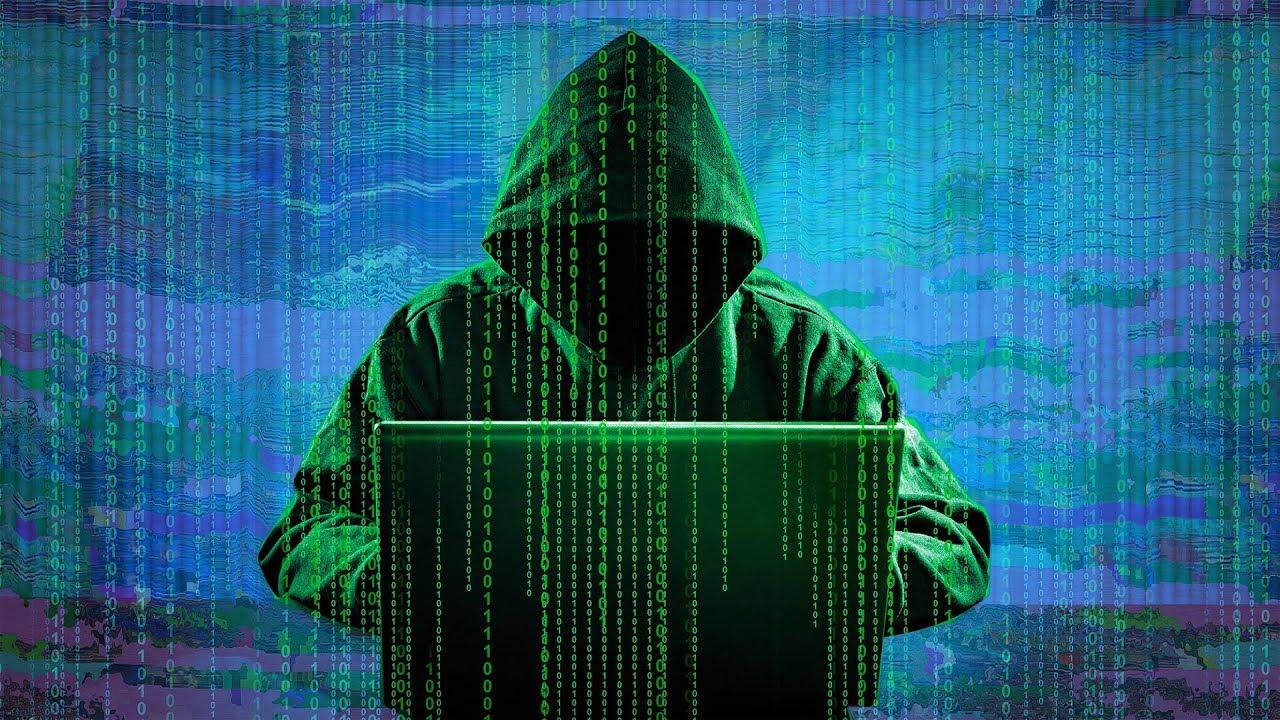by Innocent Mujeri
There are serious allegations that the United States (US) embassy in Zimbabwe has recruited a former Great Zimbabwe University (GZU) Information System student, to hack different software systems within government institutions, the Harare Post can reveal.
The former GZU student who dropped out of university while in second year, was allegedly offered a lucrative contract by the US embassy to hack servers of government organisations such as the Ministry of Finance and Economic Development, the President’s Department, Zimbabwe Republic Police (ZRP), Registrar’s Department and the Zimbabwe Electoral Commission (ZEC) among other government institutions.
The US embassy intends to use the computer wizard man to access confidential information from Government Departments.
A contact who spoke to this publication on condition of anonymity said the recruited man has so far successfully hacked the computer software system for the Zimbabwe Defence Forces (ZDF) and was offered US$15 000 for the job.
It is believed that this GZU former student is a computer wizard who dropped out of university in 2018 while he was in second year.
The same guy is also accused of hacking the GZU information system in 2018 and this resulted in students being allowed to register for new semesters without paying the registration fees due the flawed system.
The guy is believed to have signed contracts with American IT companies ,Google and Motorola .
The same contact told this reporter that this former GZU student, with the financial backing from the Americans, has since developed a computer system named Eyewatch, which protects computers from common network attacks.
US meddling activities in Zimbabwe’s internal affairs have reached alarming levels and are slowly becoming a threat to national security. Recently, the US Ambassador to Zimbabwe Brian Nichols was accused of sponsoring illegal demonstrations held by the Movement for Democratic Change (MDC) in Harare.
Ironically, although the US is recruiting people to spy on the Government of Zimbabwe, it doesn’t want the same to be done on them. Through the US Espionage Act of 1917, espionage crimes in the US are considered serious and are punishable by 20-year jail sentence.
In light of the US embassy efforts to recruit computer wizards to hack Government Departments’ information systems, it then calls for the expedition of the Cyber Crime, Security and Data Protection Bill to become an Act. The Act will combat cybercrime and increase cyber security in order to build confidence and trust in the secure use of information communication technologies in the country.




